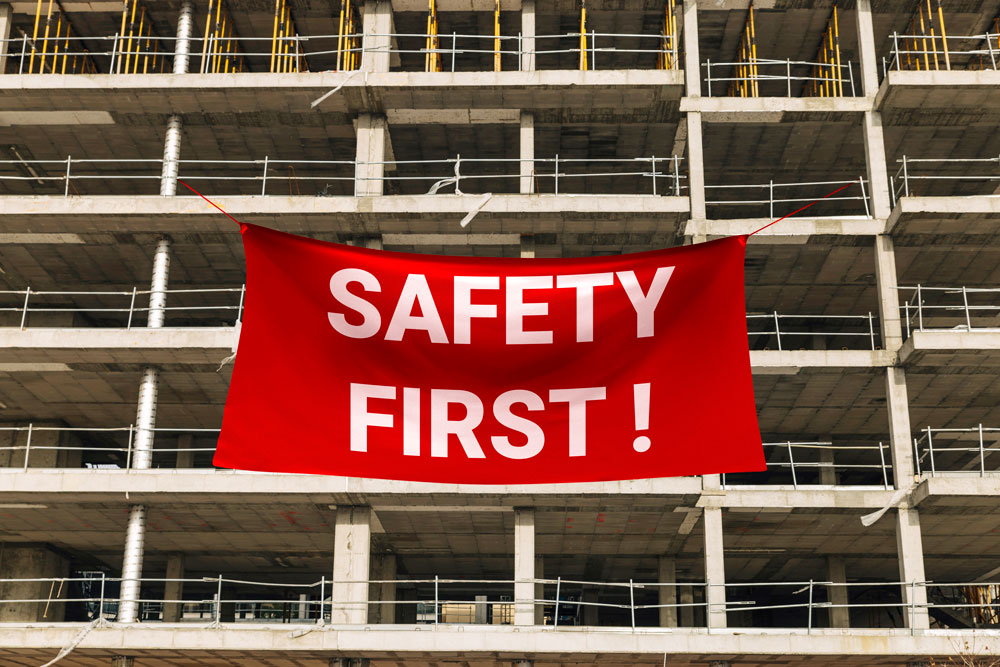Can you send me that newsletter you did on 19 things not to do when leaving a brokerage, so you don’t end up in Jail?
I understand that transitions between brokerages are a common occurrence in our industry, driven by career growth, personal choices, or market dynamics. When embarking on such a transition, it is crucial to adhere to best practices and proper conduct to ensure compliance with the law and maintain professionalism. In this newsletter, we will outline key considerations to keep in mind when leaving a brokerage, with a particular focus on the Fair Trade Practices Act and relevant statutes in Alaska.
- Familiarize Yourself with the Fair Trade Practices Act: Take the time to understand the provisions of the Fair Trade Practices Act in your jurisdiction. It serves as a guide for conducting business ethically and avoiding unfair or deceptive practices. Compliance with this act should be a priority during your transition.
- Review Non-Compete Agreements: If you have signed a non-compete agreement with your current brokerage, carefully review its terms and conditions. Pay close attention to any restrictions on soliciting clients or competing in the same market area. It is important to respect these limitations and comply with the agreement.
- Safeguard Client Confidentiality: Protecting client information and maintaining confidentiality is paramount. Do not disclose sensitive or confidential information to your new brokerage or any third parties. This includes safeguarding client contact information and transaction details, ensuring privacy and compliance with data protection regulations.
- Avoid Misrepresentation: Honesty and transparency are essential. Do not misrepresent yourself or your affiliations with your former or new brokerage. Make truthful claims about your credentials, services, and affiliations, and avoid making false or misleading statements that could harm your professional reputation.
- Uphold Professionalism: Refrain from disparaging your former brokerage, its licensees, or employees. Maintain professionalism throughout the transition and avoid negative or defamatory comments that may tarnish reputations. A respectful approach fosters goodwill and helps maintain positive relationships within the industry.
- Notify Clients Properly: Inform your clients in a timely manner about your departure from the brokerage. Clearly communicate your decision and provide them with options to continue working with you if they so choose. Adhere to contractual or legal requirements regarding client notification and ensure a smooth transition of ongoing transactions.
- Return Company Property: When leaving your former brokerage, promptly return any company property, records, or documents that belong to them. This includes client files, marketing materials, or any other confidential information. Respect the ownership of these items and do not retain or use them without authorization.
- Smooth Transition of Client Representation: If you are representing clients in ongoing transactions at the time of your departure, facilitate a seamless transition for those clients. Coordinate with your former brokerage or designate another agent from the brokerage to ensure continuity and exceptional service for your clients.
- Comply with Laws and Regulations: Always adhere to the laws and regulations governing real estate transactions. Familiarize yourself with relevant statutes pertaining to fraud, misrepresentation, access device fraud, criminal mischief, criminal impersonation, burglary, harassment, extortion, and theft. Violating these laws can result in severe consequences, including criminal charges or civil liabilities.
- Seek Legal Guidance: If you have any uncertainties or concerns regarding your obligations or conduct during the transition, it is advisable to seek legal advice from an attorney specializing in real estate law. They can provide personalized guidance based on your specific circumstances and ensure compliance with local laws and regulations.
Here are some examples of how a real estate licensee or licensee leaving a brokerage could violate the Fair-Trade Practices Act as mentioned:
- Misrepresenting Affiliation: A real estate licensee leaves their brokerage and starts advertising themselves as still affiliated with their previous brokerage, creating a likelihood of confusion or misunderstanding about their current association with the brokerage.
- False Representation of Sponsorship: The licensee falsely represents that they have sponsorship or approval from a well-known organization or authority, implying a level of credibility or trustworthiness they do not possess.
- Disparaging Competitor's Business: The licensee, upon leaving their brokerage, engages in false or misleading representations about their previous brokerage's goods, services, or business in order to discredit their competition and gain an unfair advantage.
- Misrepresentation of Authority: A real estate licensee, upon leaving their brokerage, falsely represents themselves as having the authority to negotiate the final terms of a consumer transaction, leading clients to believe they have more power or control in the negotiation process than they actually possess.
- Deceptive Advertising: The licensee engages in deceptive advertising by misrepresenting the characteristics, benefits, or quantities of their services or properties, creating false expectations in potential buyers or clients.
- Fraudulently Conveying Goods: The licensee fraudulently conveys or transfers properties by misrepresenting them as belonging to another licensee or brokerage, leading buyers to believe they are purchasing properties associated with a different entity.
- Unauthorized Use of Identification Documents: The licensee, upon leaving the brokerage, uses identification documents or access devices without authorization to obtain false identification documents, open accounts, or obtain property or services, causing damage to the financial reputation of the brokerage or other individuals.
These examples illustrate how a real estate licensee or licensee leaving a brokerage could potentially violate the Fair-Trade Practices Act. Remember, these guidelines are meant to provide general information and should be applied in conjunction with local laws and regulations specific to your jurisdiction or contractual relationships. By following best practices and conducting yourself ethically, you not only protect your professional reputation but also contribute to the overall integrity of our industry.
Should you have any questions or require further guidance, do not hesitate to reach out.
Hope this helps.
Jerry
Jerry Royse, at the helm of Royse and Associates, stands out in real estate education with over 35 years of experience teaching across 46 states and 5 countries. A seasoned educator, Jerry has trained thousands in Sales Pre-Licensing and Continuing Education, also applying his expertise as an expert witness in over 30 legal cases and successfully closing over 1100 homes as a Buyer Broker. His extensive knowledge marks him as a preeminent expert in the field.




